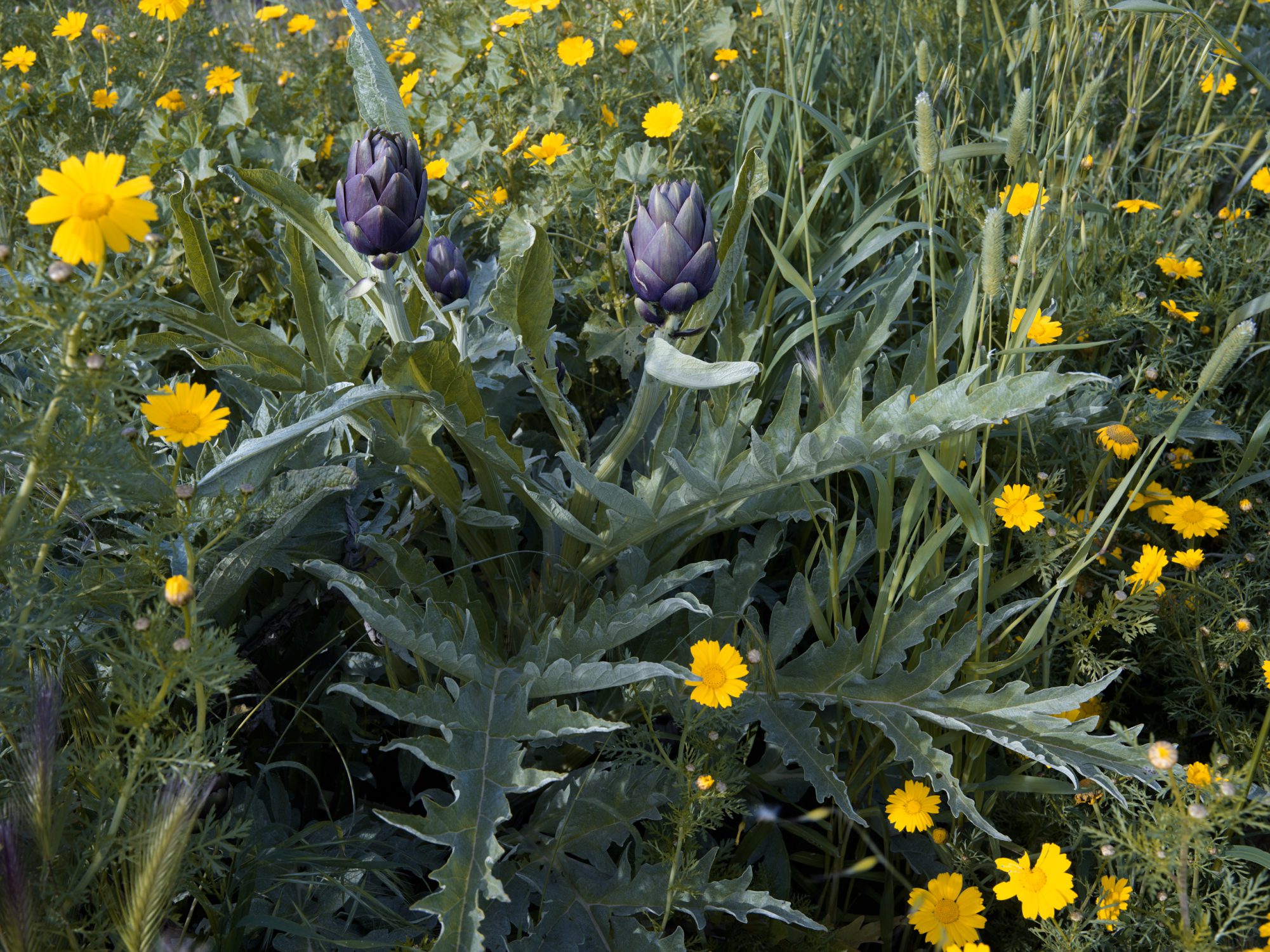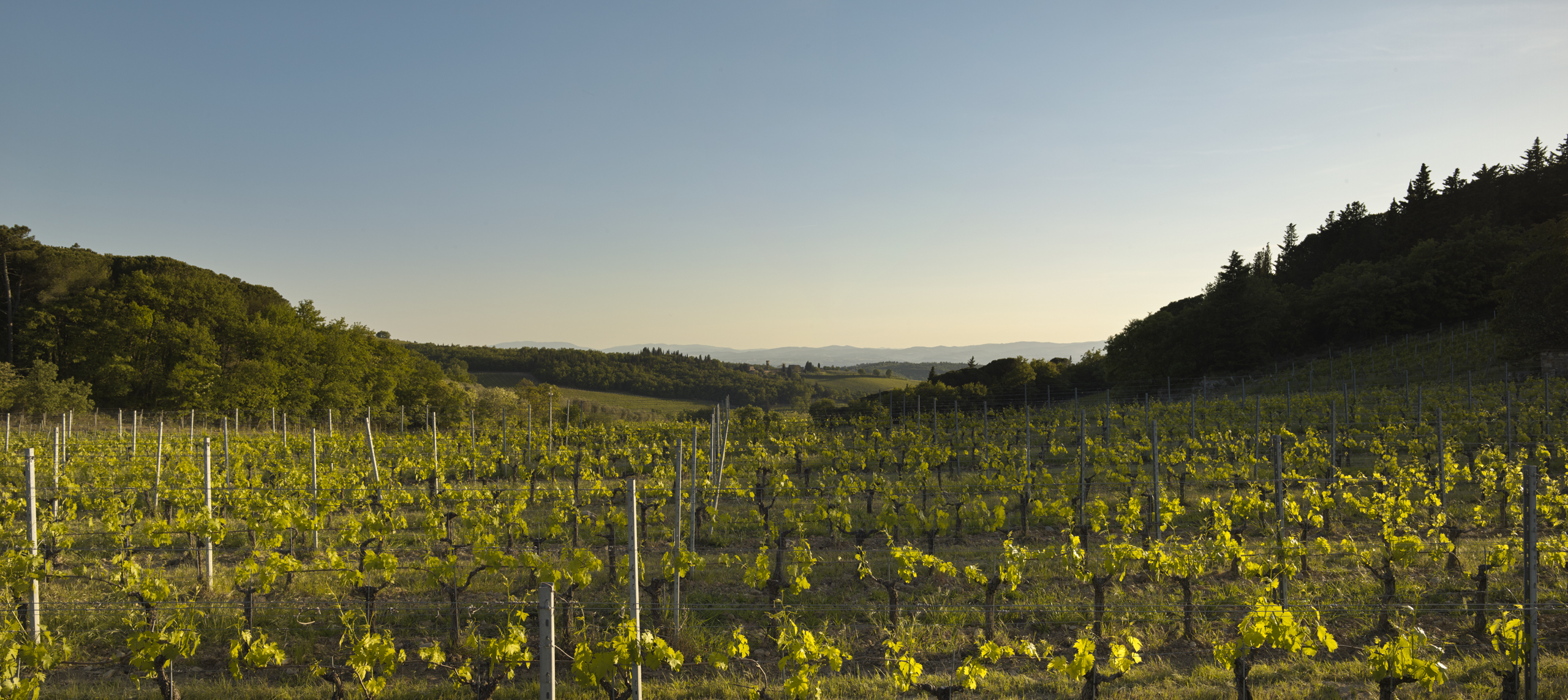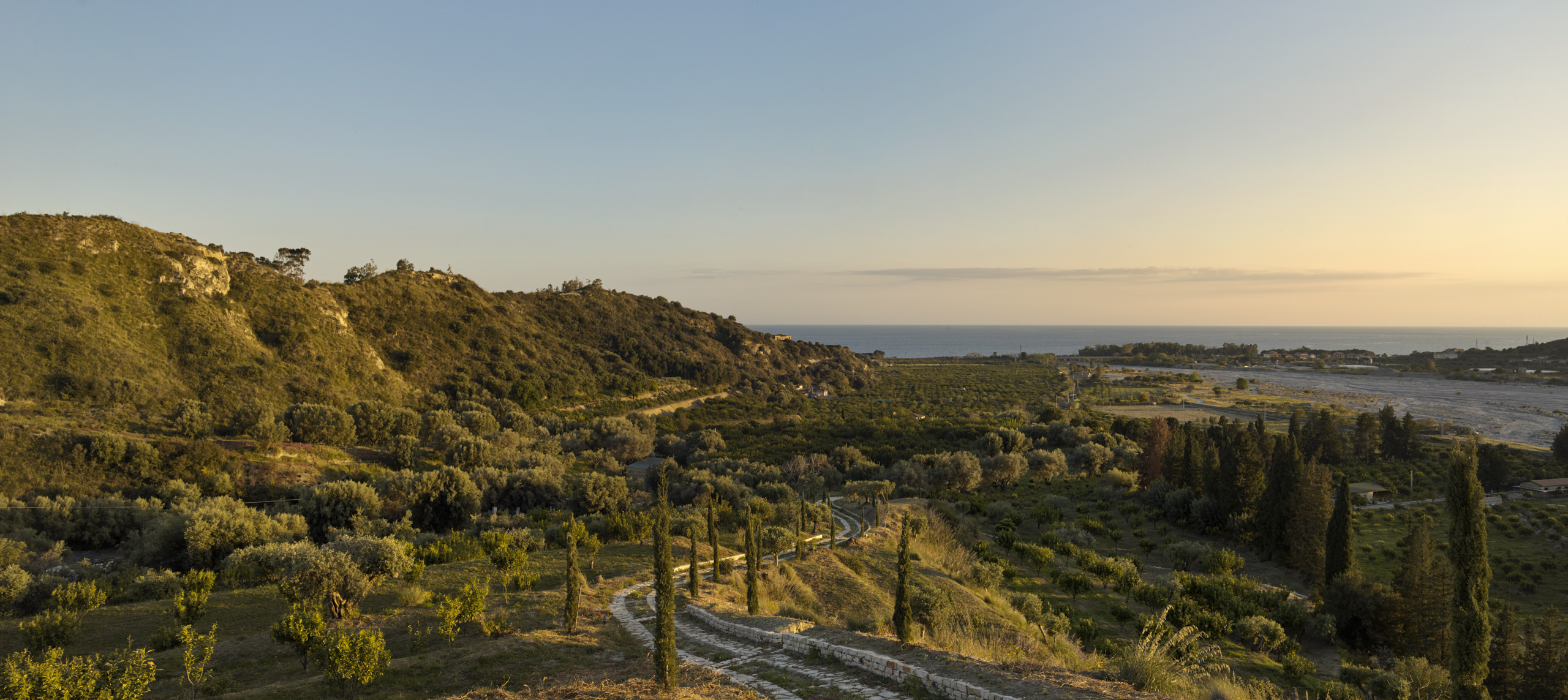
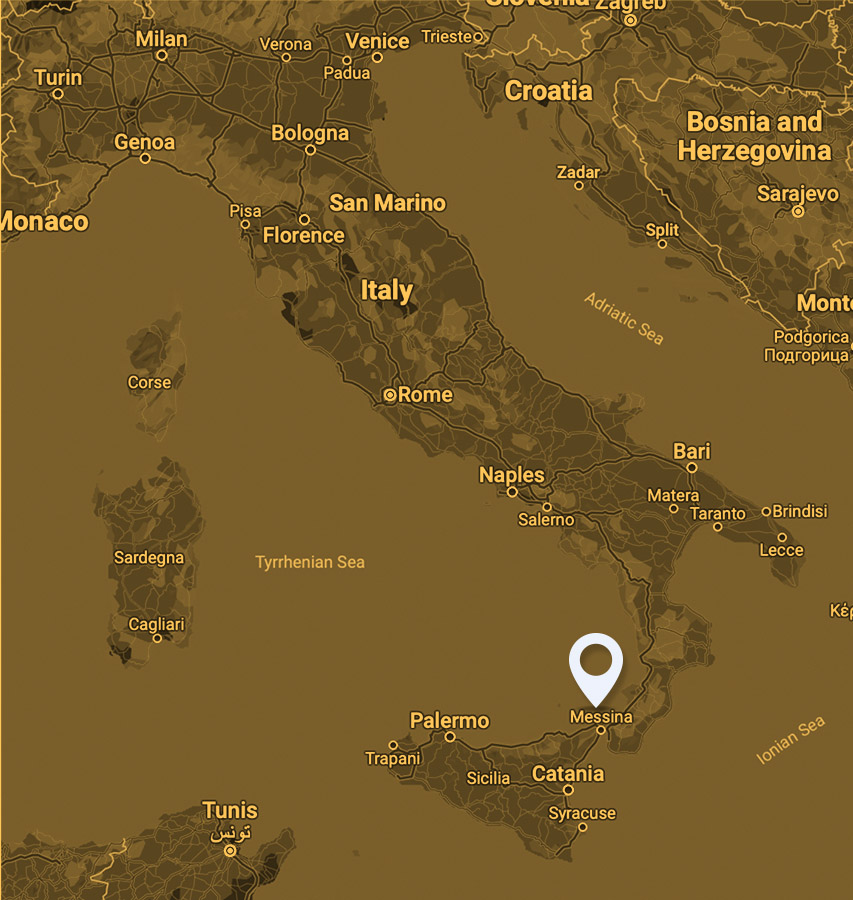
Microclimate
Calabria – known in antiquity as Bruttium – is a region in southern Italy, at the tip of the Italian peninsula. It covers more than 15,000 square kilometres and is embraced by the Tyrrhenian Sea and the Ionian Sea. Most of Calabria was agricultural land for centuries. Lemons reached Europe via Calabria in the first century AD and the terrain of the region proved ideal for growing Bergamot fruit.
The most remarkable thing about bergamot, ‘the lucky fruit’, (a cross between a lemon and a bitter orange) is that it only really flourishes in this coastal area between Villa S Giovanni and Gioiosa on the edge of the Tyrrhenian Sea. Ninety per cent of the world’s production of bergamot oil comes from this small part of Calabria. The slopes are rich in vineyards and orchards, above them olive groves and chestnut trees dominate the landscape, while the highest altitudes have dense forests of oak, pine, beech and spruce.
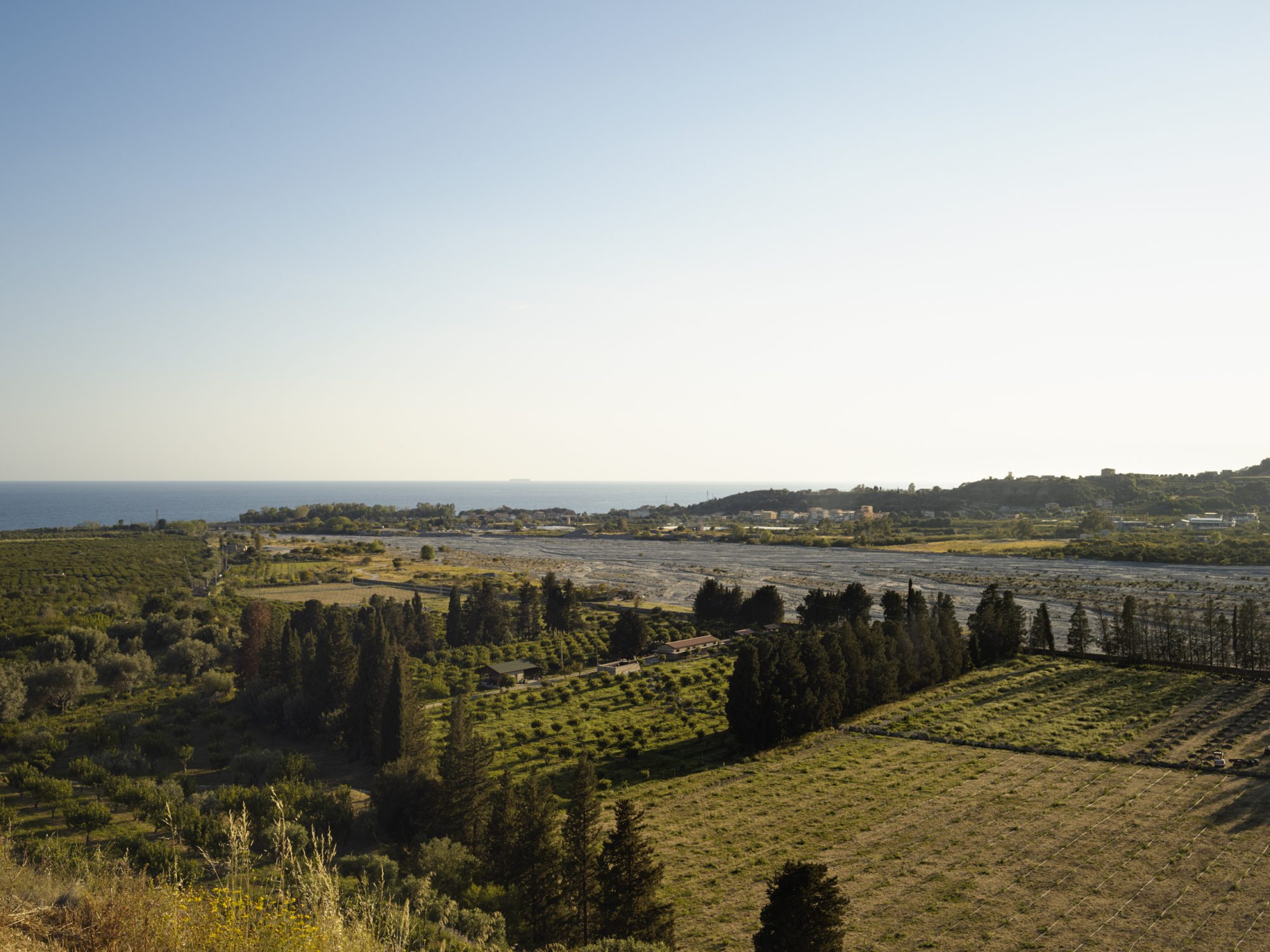
Happiness from a bitter and sour fruit
Bergamot, the lucky fruit, has more than its sunny appearance to thank for its status as queen of the fruits. Since the sixteenth century, bergamot oil has been produced from its light-green peel. It’s an oil that brings sunshine and happiness. For the perfume makers of those earlier times, bergamot was one of the most important ingredients, and for contemporary perfume houses it still is.
So much sunshine and happiness in a fruit that is both sour and bitter?
Yes. Italian professor Paolo Rovesti (1902-1983) of the University of Milan researched the effects of the use of bergamot oil to treat seasonal depression in winter. He showed that vapour from bergamot oil has a positive effect on anxiety disorders and depressive feelings. More recent research confirms the sunny action of bergamot.
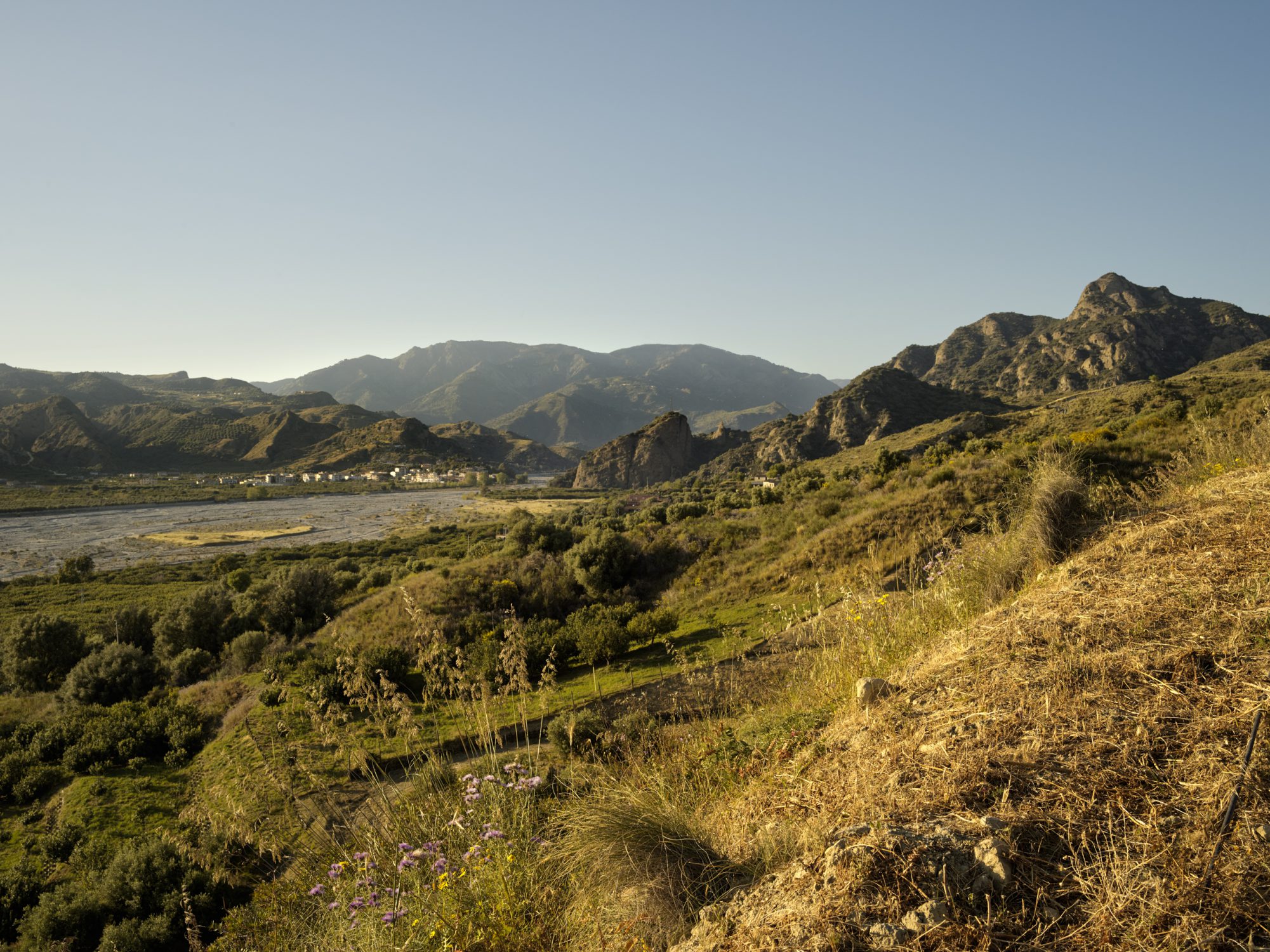
"Here in this a small area of Calabria, called Reggio Calabria, bergamot achieves its best olfactory and organoleptic qualities."
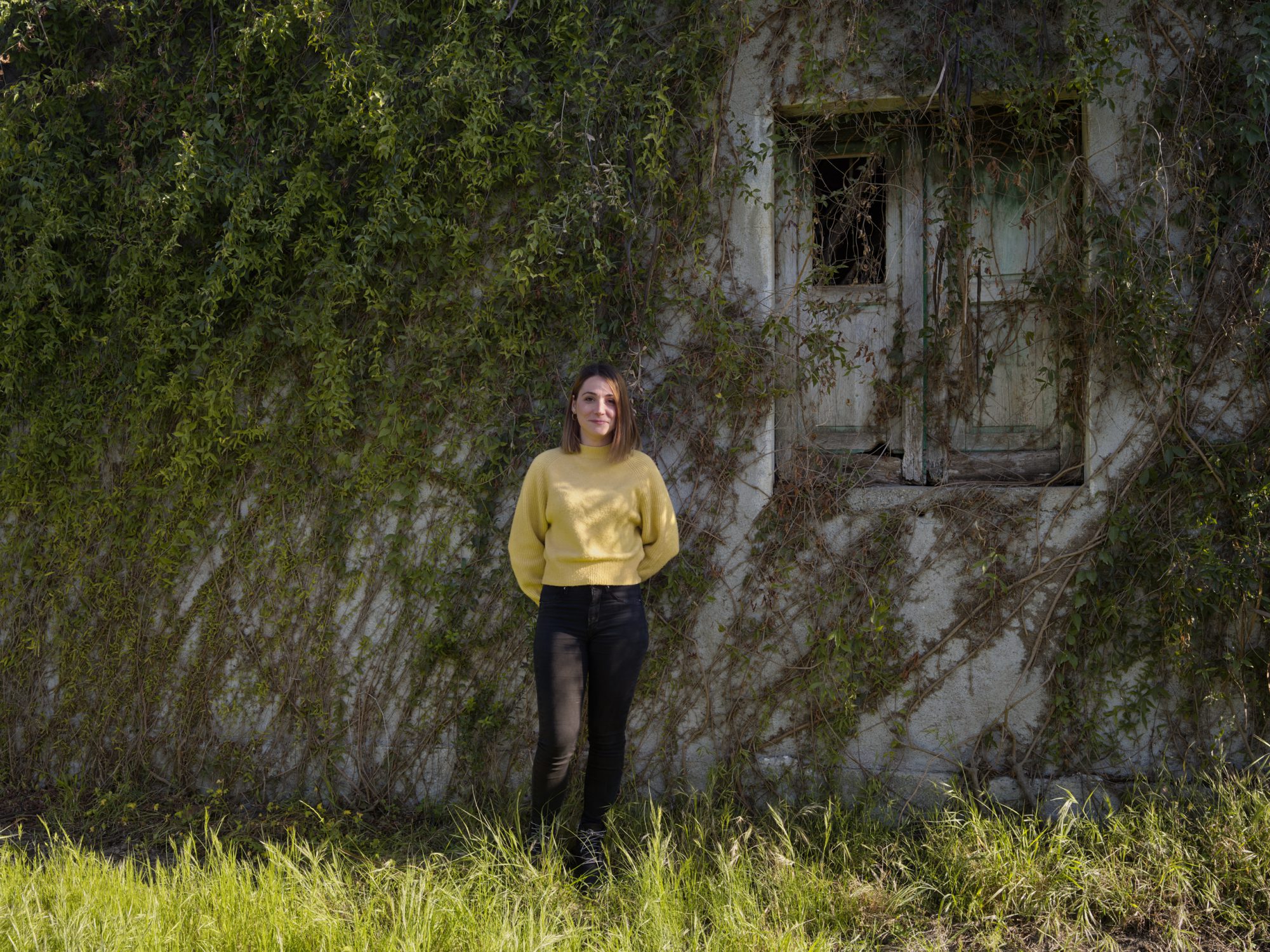
"We think that nature can work to the best of its potential with help from nature itself."
Louisa Cilione
Grower organic Bergamot
The Cilione family has grown bergamot, lemons, mandarins and oranges for more than a century, extracting the essences for use in scents and flavourings. Although citrus fruits are usually harvested by machine, here they gather the entire crop of bergamot with their own hands. Since the farm was first established, the family has proudly preserved the tradition of producing the best and purest organically grown citrus. The oils are used in soaps, home fragrances, candles, and comestibles such as teas, cold drinks, herb mixes and flavourings.
Citrus bergamia or Citrus aurantium.
Bergamot oil is extracted by pressing the peel, which is then grated and finally centrifuged to separate the essential oil, water and pulp. It takes 200 kilos of fruit to produce a litre of bergamot oil.
Luisa, the youngest member of the Cilione family, takes us with her to the top of the hills, where we have a beautiful view of the extensive bergamot orchards. On the horizon is the Tyrrhenian Sea, which, along with the sun, creates the microclimate in which this happiness fruit thrives.
We have selected another two stories that might inspire you.
